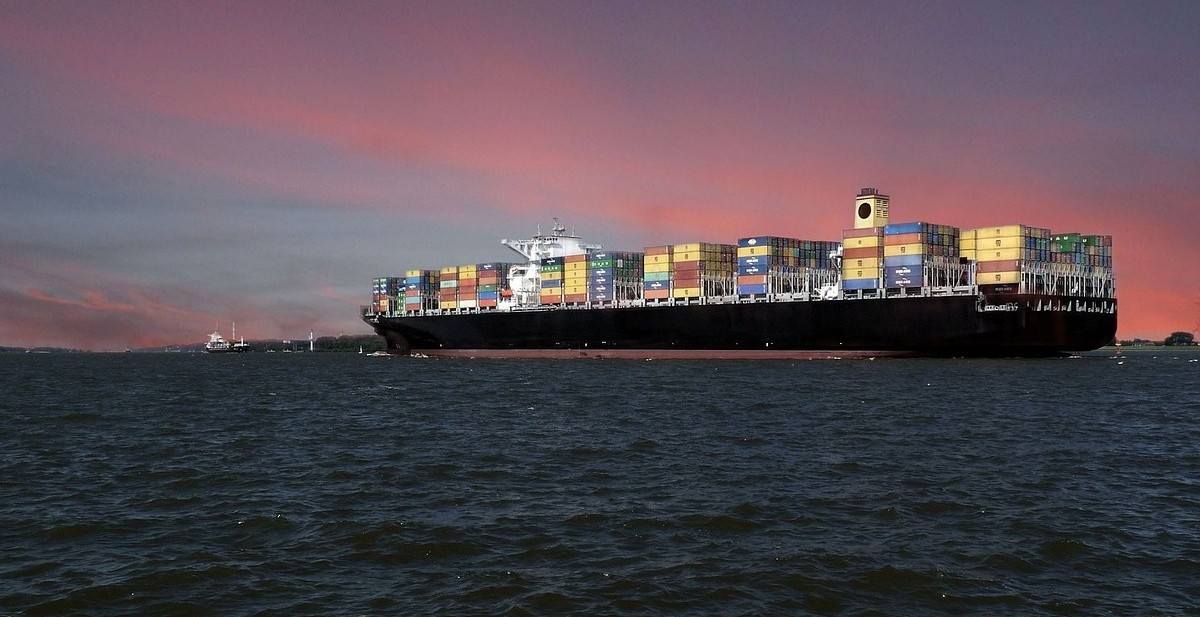Repercussions of flouting restrictions

Ever-growing shipping industry risks come with serious breach consequences
The rising complexity of counterparty and banking risks, both direct and indirect, in global markets could catch shipping interests unawares, according to a specialist lawyer.
Speaking at a joint Baltic Exchange and Institute of Chartered Shipbrokers’ webinar, Anthony Woolich, a partner at HFW, warned of the repercussions of not grasping the breadth and depth of recent sanctions and trading restrictions. Reputational damage, negative adverse effects on business, heavy costs, significant penalties and even being listed as an asset-freeze target – one or all of these could be the unintended consequences of getting it wrong.
Woolich kicked off the webinar by looking at counterparty risk. Here, the most common restriction imposed by sanctioned regimes is an asset freeze. These are very important, he said, because if the assets of an individual or entity are frozen, then not only is it not possible to receive a payment from the frozen entity or individual except in limited circumstances, but parties cannot actually make a payment other than into a blocked account.
“The concept of ownership and control is key to counterparty restrictions,” Woolich said.
“And this applies not just to direct counterparties, but to indirect and by that I mean parents of counterparties and other entities higher up in the corporate chain.”
This chain should also be extended to intermediaries as well, bringing banks and insurers into the review mix. If banks and insurers are subject to restrictions, that may prevent them from performing the necessary tasks under a proposed transaction.
“Indeed, EU sanctions and UK sanctions increasingly include the concept of brokering as a prohibited activity and brokering is very widely defined – it basically means arranging a transaction.”
That definition allows authorities to attack not only the parties to a particular transaction, but also those who actually arrange it.
Thorough checks
Turning to mitigating risks, Woolich urged thorough screening of counterparties throughout the corporate chain. “[It’s] very important to investigate the beneficiary ownership, particularly where there's a connection to a sanctions-relevant jurisdiction.” Due diligence is key, he added.
Woolich pointed to a recent change in UK legislation which means that there is strict liability - meaning no fault liability for civil penalties. This means that a penalty can be imposed under the UK sanctions regime even if the infringer had no knowledge or reason to suspect that he/she was actually infringing sanctions.
“The knowledge requirement is still essential for criminal penalties, but for civil penalties for breach of financial sanctions, there is strict liability,” Woolich said.
The UK authorities have been very clear that parties have to ensure to the ‘fullest extent possible’ that there is no direct or indirect benefit to a sanctioned person in the chain and parties have to do everything that they can to ensure that is the case.
This is counter to EU sanctions where there is still a ‘no knowledge’ defence.
However, the EU does make it clear that assessing the beneficial ownership of a counterparty is a due diligence duty, emphasising the importance of EU sanctions compliance programmes.
A recent alert from the UK authorities further cements the stricter UK stance. A red alert said that there were attempts to circumvent sanctions by individuals selling down their interests to family members or other people who they could manipulate, suggesting that even if a Russian company, for example, has announced that a particular sanctioned individual no longer holds significant interest in the company that should not be taken at face value.
“It may well be that that person is still trying to be able to control the company or assets by virtue of who he has transferred those assets to,” Woolich said.
The US, meanwhile, also has strict liabilities for civil penalties. “OFAC – the enforcement authority in the US – urges persons considering a potential transaction to conduct appropriate due diligence. So there’s no doubt that conducting appropriate due diligence is essential,” Woolich said.
Trade restrictions
Regarding trade sanctions, HFW defines these as controls on exports or imports of goods and they can apply to transfer, which includes transport, and can include movements to third countries, not just sanctioned countries. There are also different restrictions in different regimes.
For charterers and brokers advising on how to avoid infringing restrictions, Woolich gave a list of pointers. First, get certificates of origin. These must then be reviewed to make sure they are not forgeries. Second, undertake counterparty due diligence. Third, look at the wording of contracts and make sure they offer adequate protection. Fourth, keep the situation under review because the sanctions are regularly being updated.
Attention must also be paid to measures targeting vessels, for example the restrictions on the supply of vessels to Russia - albeit under the EU and UK sanctions there are provisions which enable normal trade which does not infringe other restrictions to go ahead. Port bans must be reviewed as under the UK sanctions, vessels owned, controlled, chartered, operated, registered or flagged in Russia cannot access a UK port.
There are significant penalties for operators who get any of this wrong, Woolich warned.
These include fines, personal liability to individuals involved including imprisonment, and civil monetary payments – sometimes on a no-fault basis.
Added to this, the UK Economic Crime Act enables publicity for infringes and if parties assist an asset-freeze target or infringe sanctions, they risk being listed as an asset-freeze target or as a US specially designated national.
“If that happens, then you will not be able to make or receive payments. It will have an impact on banking relationships and facility agreements,” Woolich said. “There will inevitably be reputational damage and negative adverse effects on the business. And then there are heavy costs of undergoing an investigation and dealing with regulators including considering whether to self-report as well.”